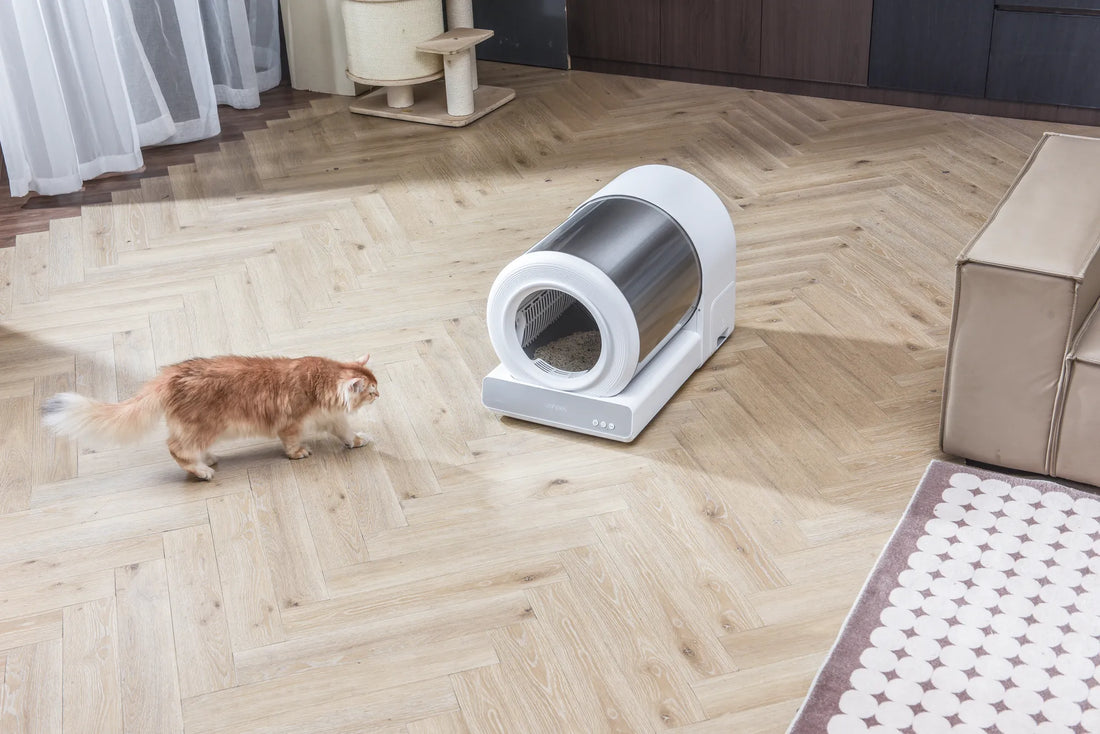If your male cat keeps peeing outside the litter box, you're not alone. This frustrating behavior is a common issue among cat owners, but understanding the underlying causes can help you find the right solution. In this article, we'll explore the reasons behind this behavior and provide practical tips to address it.
Why Is My Male Cat Peeing Outside the Litter Box?
There are several reasons why a male cat might avoid the litter box. These can range from medical issues to behavioral problems. Identifying the root cause is the first step toward resolving the issue.
Medical Issues
One of the most common reasons for a male cat peeing outside the litter box is a medical problem. Urinary tract infections, bladder stones, and other health issues can cause discomfort, making your cat associate the litter box with pain. If your cat is exhibiting this behavior, it's essential to consult a veterinarian to rule out any underlying health concerns.
Stress and Anxiety
Cats are sensitive creatures, and changes in their environment can lead to stress and anxiety. Moving to a new home, introducing a new pet, or even rearranging furniture can trigger this behavior. A stressed cat may seek out alternative places to relieve itself as a way of coping.
Territorial Marking
Male cats, especially those that are not neutered, may engage in territorial marking. This behavior involves spraying urine on vertical surfaces to mark their territory. While this is more common in multi-cat households, it can also occur in single-cat homes if the cat feels threatened by outdoor animals or changes in the household.
Litter Box Preferences
Cats can be picky about their litter boxes. Factors such as the type of litter, the size of the box, and its location can influence whether your cat uses it. If your cat finds the litter box unappealing, it may choose to pee elsewhere.
How to Stop Your Male Cat from Peeing Outside the Litter Box
Once you've identified the cause of your cat's behavior, you can take steps to address it. Here are some effective strategies to help your cat return to using the litter box.
Visit the Veterinarian
If you suspect a medical issue, the first step is to take your cat to the vet. A thorough examination can help diagnose any health problems and ensure your cat receives the appropriate treatment. Addressing medical issues promptly can prevent further complications and improve your cat's quality of life.
Reduce Stress and Anxiety
Creating a calm and stable environment can help reduce your cat's stress levels. Provide plenty of hiding spots, vertical spaces, and interactive toys to keep your cat entertained. If there have been recent changes in your home, try to maintain a routine to help your cat feel secure.
Neuter Your Cat
If your male cat is not neutered, consider having the procedure done. Neutering can reduce territorial marking and other undesirable behaviors. It also has health benefits, such as lowering the risk of certain cancers and infections.
Optimize the Litter Box
Make sure your cat's litter box meets its preferences. Choose a box that is large enough for your cat to move around comfortably and experiment with different types of litter to find one your cat likes. Place the litter box in a quiet, accessible location, and ensure it is cleaned regularly.
Use Positive Reinforcement
Reward your cat for using the litter box correctly. Offer treats, praise, or playtime to reinforce good behavior. Avoid punishing your cat for accidents, as this can increase stress and worsen the problem.
When to Seek Professional Help
If you've tried these strategies and your male cat continues to pee outside the litter box, it may be time to seek professional help. A veterinarian or a feline behaviorist can provide additional insights and recommend specialized treatments or therapies to address the issue.
Understanding why your male cat keeps peeing outside the litter box is key to finding a solution. By addressing medical issues, reducing stress, and optimizing the litter box, you can help your cat return to its normal habits. Remember, patience and consistency are essential as you work through this common but frustrating behavior.













